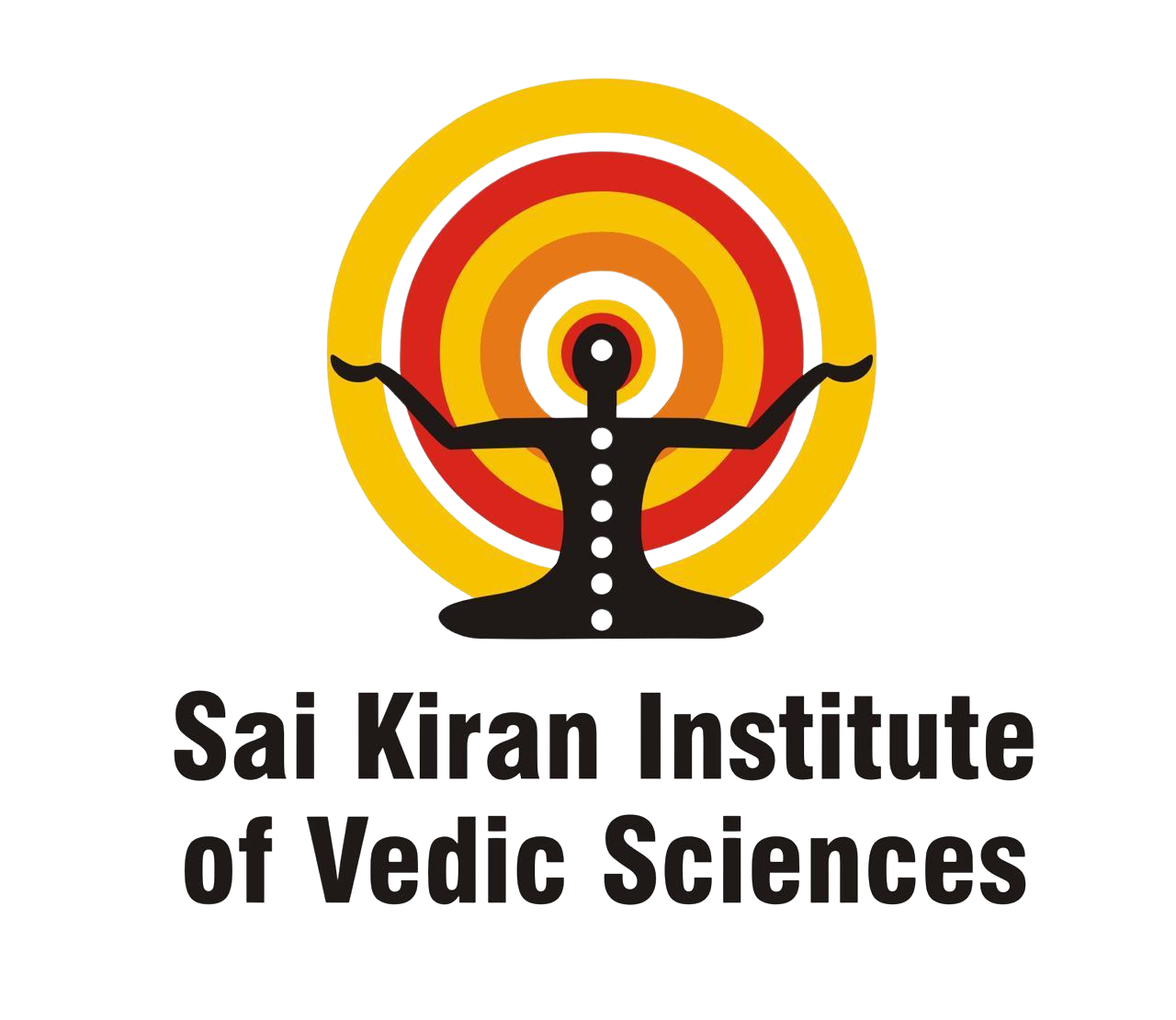Whether you’ve just stepped up to the plate, navigating the complexities of larger teams, or you’re a seasoned leader striving for continuous growth, the significance of personality development holds the key to unlocking a new dimension of leadership success. A world that screams for at every turn, leadership has evolved beyond the confines of authoritative positions and boardroom decisions. It’s no longer just about directives and bottom lines – it’s deeply rooted in the garden of personal growth and relationship building.
A world that screams for at every turn, leadership has evolved beyond the confines of authoritative positions and boardroom decisions. It’s no longer just about directives and bottom lines – it’s deeply rooted in the garden of personal growth and relationship building.
The Significance of Personality Development in Leadership
Personality development isn’t merely about self-improvement; it’s about unfolding the layers of your authentic self to inspire and motivate those around you. Let’s dive into why and how nurturing your personality can make a vast difference in your leadership journey.
The Impact of Self-awareness on Leadership
Self-awareness is the cornerstone in the significance of personality development. It’s about understanding your strengths, weaknesses, emotions, and the impact of your actions on others. Leaders who invest time in self-reflection are more equipped to navigate the complexities of interpersonal dynamics, recognizing:
- How their communication style resonates with their team.
- The importance of empathy in understanding team needs.
- The value of constructive feedback to foster a growth environment.
Building Emotional Intelligence
Emotional intelligence (EI) is an invaluable asset for leaders. It’s the ability to recognize, understand, manage, and use emotions effectively – not just your own but those of your team members. EI enhances leadership by:
- Facilitating better communication and collaboration.
- Helping to manage stress and conflict more effectively.
- Enabling leaders to make decisions with a balanced approach to emotions and logic.
The Role of Flexibility and Adaptability
The only constant in life is change, and this is especially true in today’s fast-paced work environments. Leaders who are flexible and adaptable are better able to:
- Navigate the uncertainties and challenges that come with leading teams.
- Encourage innovation by being open to new ideas and approaches.
- Adjust their leadership style to meet the needs of their team and the demands of the situation.
Strategies for Enhancing Your Leadership Personality
Developing your personality for leadership success doesn’t happen overnight. It’s a journey of continuous learning and growth. Here are some actionable strategies to help you along this path.
Commit to Lifelong Learning
Leaders are learners. The pursuit of knowledge not only keeps you relevant but also demonstrates humility and openness – qualities that inspire trust and respect from your team. Consider:
- Engaging in regular self-reflection to gain deeper insights into your behavior and its impact.
- Seeking feedback from peers, mentors, and team members to identify areas for improvement.
- Pursuing formal and informal learning opportunities to expand your knowledge base.
Foster Empathy and Compassion
Understanding and relating to the emotions of others is critical for building strong, supportive relationships within your team plays a vital role in the significance of personality development. To enhance your empathy and compassion:
- Practice active listening to fully understand others’ perspectives.
- Show genuine interest and concern for your team members’ well-being.
- Encourage an inclusive environment where everyone feels valued and heard.
Cultivate Resilience and Perseverance
Leadership often comes with its share of setbacks and failures. The ability to bounce back and persevere is what sets great leaders apart. Strategies to build resilience include:
- Viewing failures as opportunities for growth and learning.
- Maintaining a positive outlook, even in the face of challenges.
- Building a supportive network of colleagues, mentors, and friends to provide encouragement and advice.
The Ripple Effect of Effective Leadership
When you invest in developing your personality as a leader, the benefits extend far beyond your personal success. You create a positive ripple effect that can transform your team, your organization, and even your community. Effective leadership:
- Motivates and empowers others to reach their full potential.
- Fosters a culture of trust, respect, and collaboration.
- Drives innovation and creativity by valuing diverse perspectives and ideas.
Conclusion
The journey of leadership is both exhilarating and demanding. It calls for a deep-seated commitment to personal growth and the development of a leadership personality that resonates with authenticity, empathy, and understanding. The significance of personality development is seen by focusing on self-awareness, emotional intelligence, flexibility, and resilience, you can amplify your impact as a leader and inspire those around you to achieve greatness together.
Remember, the most potent tool at your disposal is your unique personality – hone it, nurture it, and watch as it transforms your approach to leadership in ways you never imagined possible. The path ahead is yours to shape. How will you choose to lead?




